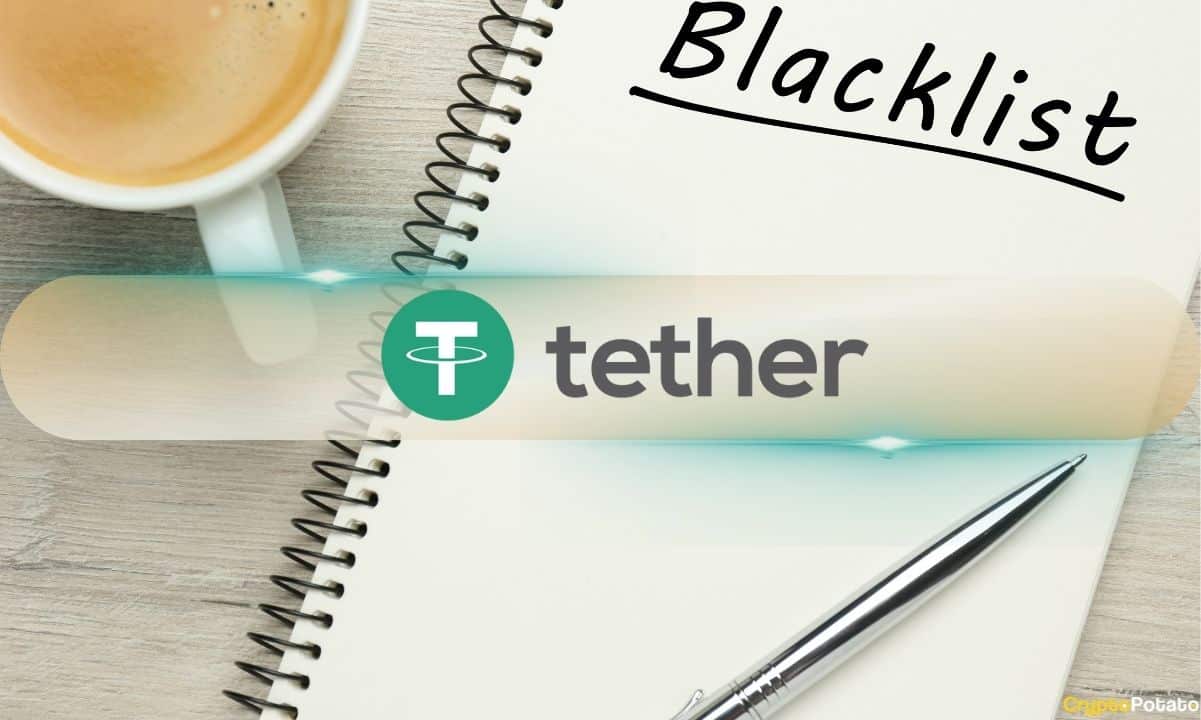Stablecoin issuer – Tether – has placed six wallets on a blacklist, comprising five on the Ethereum network and one on Tron. The latest move reflects Tether’s increased proactive approach to blocking addresses.
According to ChainArgos, a blockchain intelligence firm, there are a few questionable transactions associated with the Ethereum addresses, potentially related to the Finiko pyramid scheme that is said to have swindled about $95 million from Russian investors.
However, aside from this, there doesn’t seem to be anything unusual.
- The Tron address, in contrast, shows minimal activity, featuring a lone incoming transfer of approximately $7,000 in USDT from Bitfinex, ChainArgos said in an update on X (formerly Twitter).
- This isn’t the first time Tether has blacklisted addresses tied to illicit entities.
- Tether first started freezing funds after a 2017 security breach where an external attacker pilfered $30 million worth of USDT from the company. Since that incident, Tether has blacklisted more than 960 Ethereum addresses.
- In October, Tether revealed the freezing of 32 accounts holding approximately $874 million, which were identified as having ties to unlawful activities in Israel and Ukraine.
- Notably, the stablecoin issuer collaborated with the National Bureau for Counter-Terror Financing of Israel (NBCTF) to actively address the use of crypto in funding terrorism and warfare.
- Tether also claimed to have cooperated with law enforcement agencies in cases related to Ukraine.
- In April, Tether received significant backlash for blacklisting an address that drained Maximal Extractable Value (MEV) bots for $25 million. The decentralization advocates said the move sets a bad precedent for the space.
Binance Free $100 (Exclusive): Use this link to register and receive $100 free and 10% off fees on Binance Futures first month (terms).
